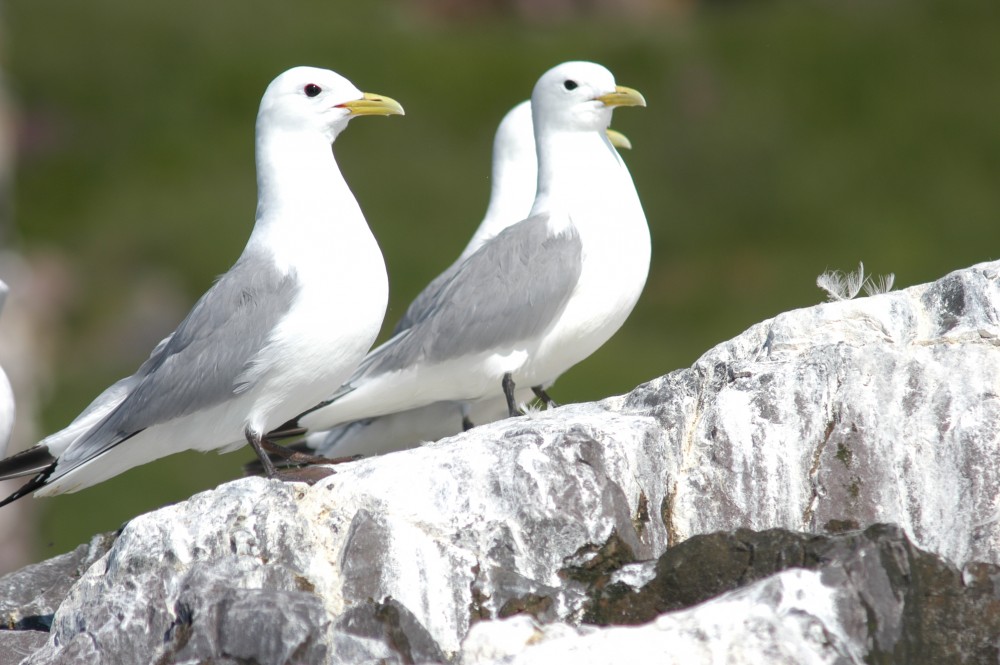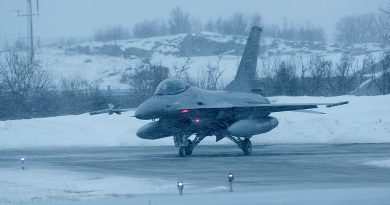Warmer Barents Sea hits kittiwake birds reproduction capacity

Capelin prefers cold water. With increased influx of warmer Atlantic waters into the Barents Sea, the capelin naturally moves further north away from the coast of Finnmark in northern Norway. And when the food swims away from the nesting cliffs, that has negative effect on kittiwakes egg investment, a recent Norwegian university study says.
The future of kittiwake, a small cliff-nesting spices of gull nesting all along the coast of Norway, could be threatened if climate changes continues.
Marine ecology researchers from Tromsø and Trondheim have investigated the variation in egg and clutch size of black-legged kittiwakes in a colony on Hornøya near Vardø for the last 33 years.
The researchers modelled egg size and number in relation to the influx of warm Atlantic water into the Barents Sea. When waters get warmer, the kittiwakes have to fly further off the coast to find capelin. To make eggs, the kittiwakes needs much energy, and with less food, less eggs is the result.
«A further warming of the Barents Sea through climate change is thus forecast to be detrimental for kittiwakes,» the report summarizes. Last year, the Barents Observer quoted metrological researchers saying «all Arctic Oceans that is not covered by ice is now 4 degrees Celsius warmer than normal.»
Related stories from around the North:
Canada: Ocean acidification could doom key Arctic fish species: study, Radio Canada International
Finland: Finland’s Saimaa seal population on the increase, Yle News
Iceland: Iceland blasts Arctic Five for exclusion from fishing agreement, Eye on the Arctic
Norway: Deal protects Arctic waters around Svalbard, Norway from fishing, The Independent Barents Observer
Russia: More than 200 polar bears assembled on beach in Arctic Russia, The Independent Barents Observer
Sweden: Record numbers for Swedish wild salmon, Radio Sweden
United States: Fishing ban in international Arctic waters remains elusive, Alaska Dispatch News



